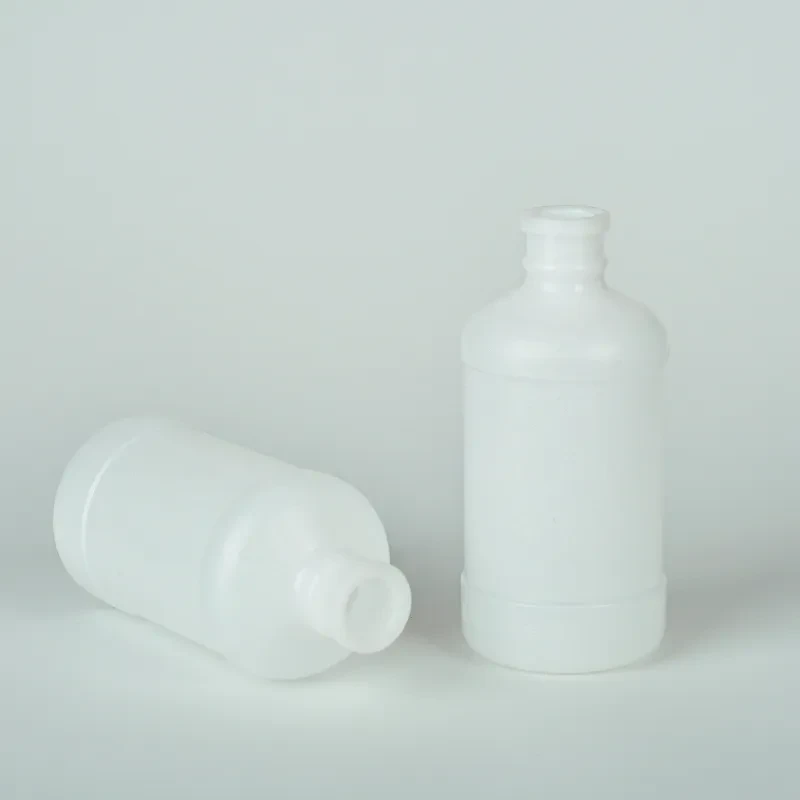Essential Supplies for a Successful Homeschool Science Lab Setup
Essential Homeschool Science Lab Supplies for Young Scientists
As a homeschooling parent, you have the unique opportunity to foster a deep love for science in your children by creating engaging and practical experiments right at home. A well-equipped science lab can inspire curiosity and encourage hands-on learning, making complex scientific concepts more accessible. Here, we will discuss essential supplies that will transform your homeschool space into a dynamic science lab.
1. Basic Lab Equipment
To kick off your homeschools science lab, it's crucial to have some basic equipment. At a minimum, you should have
- Beakers and Graduated Cylinders Perfect for measuring liquids. Beakers come in various sizes, providing flexibility for different experiments. - Test Tubes and Rack Ideal for conducting chemical reactions. They allow for safe observation of reactions without the risk of spillage. - Pipettes and Droppers These tools will help your child accurately measure and transfer small quantities of liquid. - Bunsen Burner or Hot Plate For experiments that require heat. Always supervise your children during experiments involving heat to ensure safety.
2. Safety Gear
Safety cannot be overlooked in a science lab. Investing in the right safety gear will protect your children during hands-on experiments
- Safety Goggles Essential for protecting eyes from splashes and flying debris. - Lab Coats or Aprons These will keep clothing clean and protect skin during messy experiments. - Gloves Disposable or reusable gloves can protect hands during chemical experiments.
3. Measurement Tools
Accurate measurements are vital to conducting experiments effectively. Here are some essential measuring tools
- Digital Scale For accurate measurements of solids. This is particularly important in chemistry when precise amounts of substances are required. - Measuring Spoons and Cups Useful for both cooking-related science experiments and precise measurements in various activities.
homeschool science lab supplies

4. Science Kits and Experiment Materials
There are numerous science kits available that come with pre-measured supplies for conducting specific experiments. These can simplify the process and make it easier for you and your child to dive into science without extensive preparation. Look out for kits that focus on different branches of science—chemistry, physics, biology, or even engineering challenges.
5. Miscellaneous Supplies
Consider gathering a variety of miscellaneous supplies that support a wide range of experiments
- Vinegar and Baking Soda These common household items can be used for various chemical reactions, such as creating a volcano or powering a small rocket. - Food Coloring Perfect for visually engaging experiments, food coloring can be used in diffusion studies or to create colorful chromatography results. - Paper Towels and Cleaning Supplies Always stock up on paper towels and non-toxic cleaning supplies to clean spills and maintain a tidy lab space.
6. Organizational Tools
To keep your lab organized and efficient, consider investing in storage solutions
- Storage Bins and Containers Different sizes can help categorize and store your supplies safely. - Labels Label everything to ensure your child can find what they need easily and learn organizational skills in the process.
Conclusion
Creating a homeschool science lab can be an incredibly enriching experience for both you and your children. With essential lab supplies, safety gear, and a variety of materials, you can cultivate an environment that encourages exploration, experimentation, and discovery. The key is to adapt your setup to your child’s interests and learning levels, making science a fun and integral part of their homeschooling journey. As they conduct experiments, keep the conversation flowing, discuss observations, and encourage them to ask questions. This dynamic approach to learning will undoubtedly instill a lifelong passion for science.
-
Aesthetic Makeup Spray Bottles | Fine Mist Empty RefillableNewsAug.19,2025
-
White Plastic Veterinary Vaccine Vials | Lab Liquid BottlesNewsAug.18,2025
-
Plastic Medicine Liquid Bottle: Secure Flip Top Drug VialsNewsAug.17,2025
-
Durable 250ml Blue Plastic Vaccine Vial for Lab & Vet UseNewsAug.16,2025
-
Sterile Virus Sample Tubes: Secure & Reliable Specimen CollectionNewsAug.15,2025
-
White 250ml Plastic Vaccine Vial for Lab & Vet MedicineNewsAug.14,2025
























